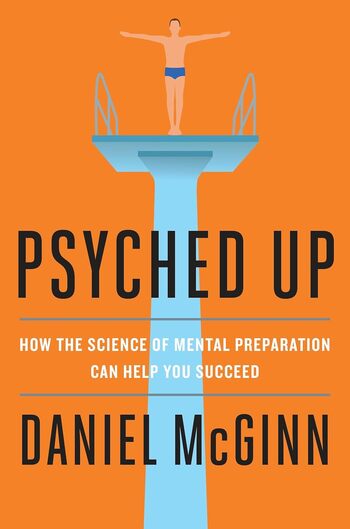
Radical Honesty encourages embracing complete honesty to improve relationships, reduce stress, and reconnect with our true selves. Blanton argues that truth telling and abandoning moralism lead to more fulfilling lives.
Main Lessons
- Extreme honesty helps escape moralism and be our true selves.
- Fixed moral rules don’t account for life’s complexity.
- Lying is a common defense mechanism with harmful effects.
- Radical honesty requires sharing uncomfortable truths, transforming relationships.
- Field independence involves trusting one’s senses, not preconceived notions.
- Honesty leads to improved mental and physical well-being.
- Being truly honest means acknowledging one’s true identity beyond public persona.
- Repressing emotions, especially anger, harms relationships.
- Open communication in relationships fosters understanding and resilience.
- Incorporating honesty into daily life requires personal responsibility and action.
- Genuineness involves embracing internal contradictions and avoiding moralistic thinking.
- Honesty demands courage and vulnerability, but leads to deeper connections.
- Our social conditioning encourages lying, which Radical Honesty seeks to dismantle.
- Integrating truthfulness can lead to personal growth and healthier lifestyles.
- The book emphasizes that true honesty isn’t always comfortable, but it’s crucial for personal freedom.








